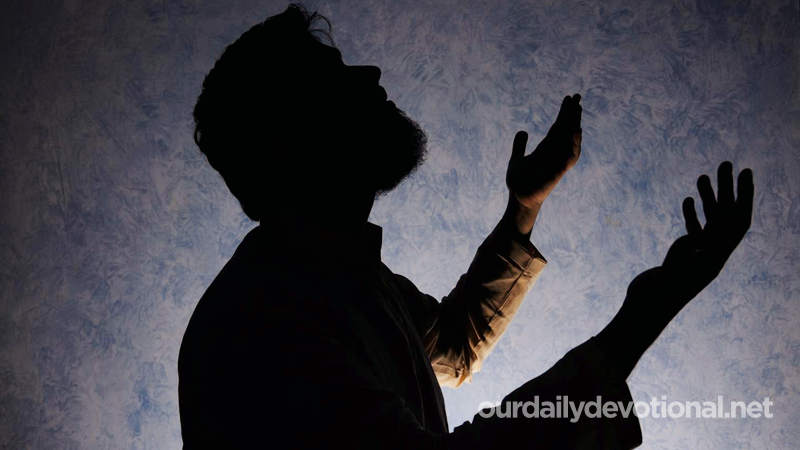Abstention from taking food, period of time within which this abstinence occurs.
(a) Fasting caused by the inability to obtain food. It seems that this is where they belong: the 40 days that Moses spent at Sinai (Ex. 34:28; Deut. 9:9); Elijah's fast during his journey to Horeb (1 Kings 19:8); that of the Lord Jesus in the temptation in the desert (Mt. 4:2; Mark 1:13; Luke 4:2); and also certain fasts of Paul (2 Cor. 6:5).
(b) Voluntary fasting for religious reasons. In this sense, the term is frequently used to describe prescribed periods of abstaining from food. No command to fast is evident in the Mosaic law; Neither this verb nor the terms fasting or abstinence appear in the Pentateuch.
In any case, if allusions to fasting are sought, they must be deduced from expressions such as "you will afflict your souls" (Lev. 16:29; 23:27; Num. 29:7). The first mention of fasting is found in the time of the judges (Judges 20:26), at a time of great national affliction.
The later books of the OT present numerous examples of non-prescribed fasts (Ezra 8:21; Neh. 9:1; Est. 4:3; Ps. 35:13; 69:11; 109:24; Dan. 6:18 ; 9:3). Fasts were sometimes proclaimed in times of calamity (Jer. 36:9; Jl. 1:14); The object of this abstinence was to afflict the soul (Ps. 35:13; 69:11), and to give more strength to prayer (Is. 58:3, 4).
Public fasting meant that the people, conscious of a great weight of guilt, humbled themselves before God (1 Sam. 7:6). True fasting is not limited to a mere external practice: it implies the abandonment of evil and forbidden pleasures (Is. 58).
In the time of Zechariah, fasts were proclaimed in the 4th, 5th, 7th and 10th months (Zech. 8:19). This was to commemorate the beginning of the siege of Jerusalem in the 10th month (2 Kings 25:1); its fall in the 4th month (2 Kings 25:3, 4; Jer. 52:6, 7), the destruction of the Temple in the 5th month (2 Kings 25:8, 9), the murder of Gedaliah and his Jewish companions in the 7th month (2 Kings 25:25).
The prophetess Anna served God with prayers and fasting (Lk. 2:37). The Pharisees fasted twice a week (Luke 18:12). When religious and formalist people fasted, they ostensibly feigned their sadness.
The Sermon on the Mount harshly attacks this hypocritical practice (Mt. 6:16-18). The disciples of John the Baptist fasted; those of the Lord did not do it during his personal presence on earth (Mt. 9: 14,15; Mark 2: 18-20; Luke 5: 33-35), but after his departure, under certain circumstances (Acts 13:2-3).
Fasting is not a formal imposition on the Christian, but it is recommended to practice it in a spirit of prayer and supplication. It is to be feared that since many have abused fasting in the past, making it a mandatory and externally formal practice, believers have neglected the union of fasting with prayer.
The spirit of fasting is found in self-denial, and arises from the deep awareness of need and urgency.
Meaning of FASTING
(a) Fasting caused by the inability to obtain food. It seems that this is where they belong: the 40 days that Moses spent at Sinai (Ex. 34:28; Deut. 9:9); Elijah's fast during his journey to Horeb (1 Kings 19:8); that of the Lord Jesus in the temptation in the desert (Mt. 4:2; Mark 1:13; Luke 4:2); and also certain fasts of Paul (2 Cor. 6:5).







